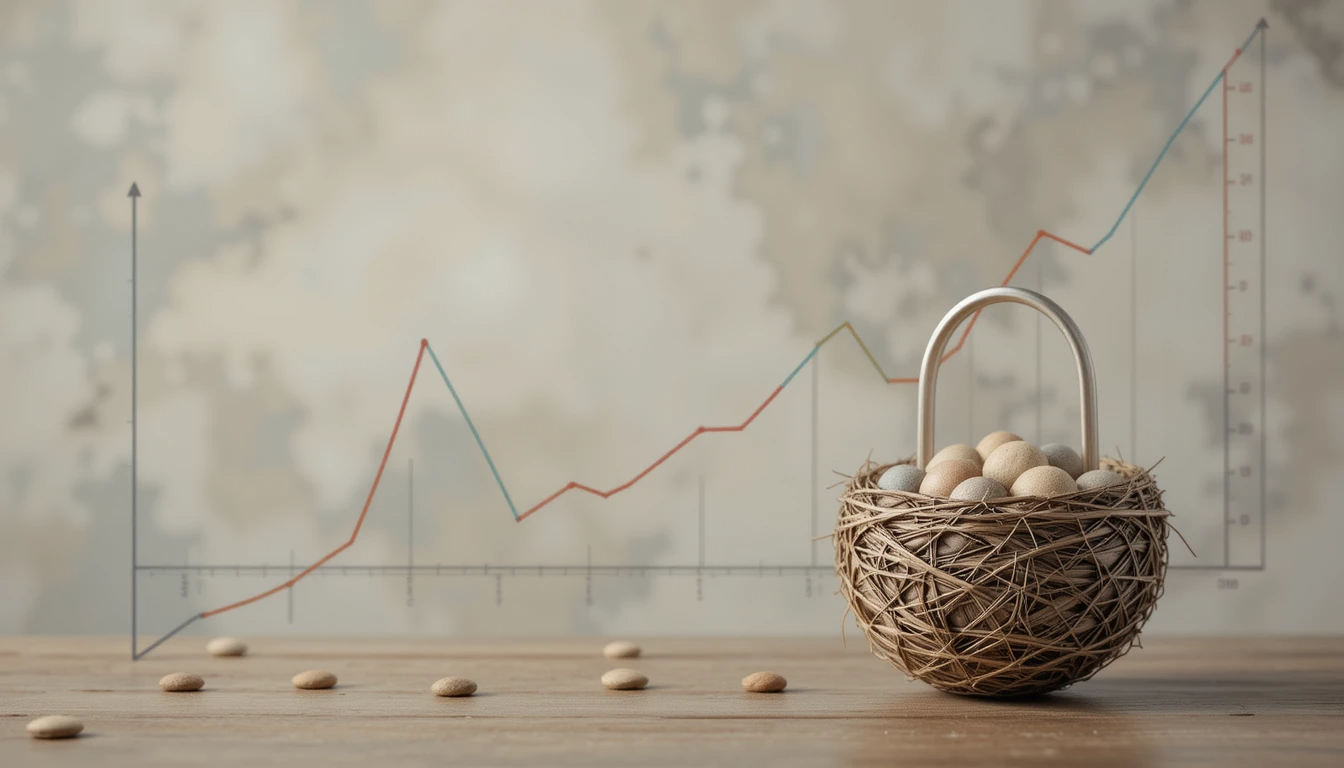
Inflation is a financial term that often raises concern among savers and investors alike. While saving money is essential for financial security, inflation can quietly erode the value of your savings over time. Understanding how inflation impacts your money is critical to protecting and growing your financial future.
What Is Inflation?
Inflation refers to the general increase in prices for goods and services over time. When inflation rises, the purchasing power of your money decreases, meaning you can buy less with the same amount of cash.
For example, if inflation is 3% annually, something that costs $100 today will cost $103 next year.
How Inflation Impacts Your Savings
1. Reduced Purchasing Power
The most direct impact of inflation is that your savings lose purchasing power. Even if you have $10,000 saved, inflation means that the real value of that money declines each year unless it grows at a rate equal to or greater than inflation.
2. Savings Accounts and Low Interest Rates
Many traditional savings accounts offer interest rates below the current inflation rate. This means that despite earning interest, the real value of your savings can decline over time.
Why Inflation Is a Concern for Long-Term Savers
If you’re saving for long-term goals like retirement, inflation can significantly impact how much you’ll need in the future.
- Example: If you need $50,000 per year in today’s dollars for retirement, and inflation averages 3%, you’ll need about $67,195 annually in 10 years to maintain the same lifestyle.
Strategies to Protect Your Savings from Inflation
1. Invest in Assets That Outpace Inflation
Stocks, real estate, and other growth investments often provide returns higher than inflation over time.
2. Consider Inflation-Protected Securities
Government-issued bonds like TIPS (Treasury Inflation-Protected Securities) adjust with inflation, helping preserve your purchasing power.
3. Diversify Your Portfolio
A diversified investment mix can help manage inflation risk by spreading your money across various asset classes.
4. Regularly Review and Adjust Your Savings Plan
Monitor inflation trends and adjust your savings goals and investment strategies accordingly.
Final Thoughts
Inflation is an unavoidable part of the economic landscape, but understanding its effects can help you make smarter financial decisions. Simply saving money in a low-interest account might not be enough. By investing wisely and planning for inflation, you can protect the real value of your savings and achieve your financial goals.





